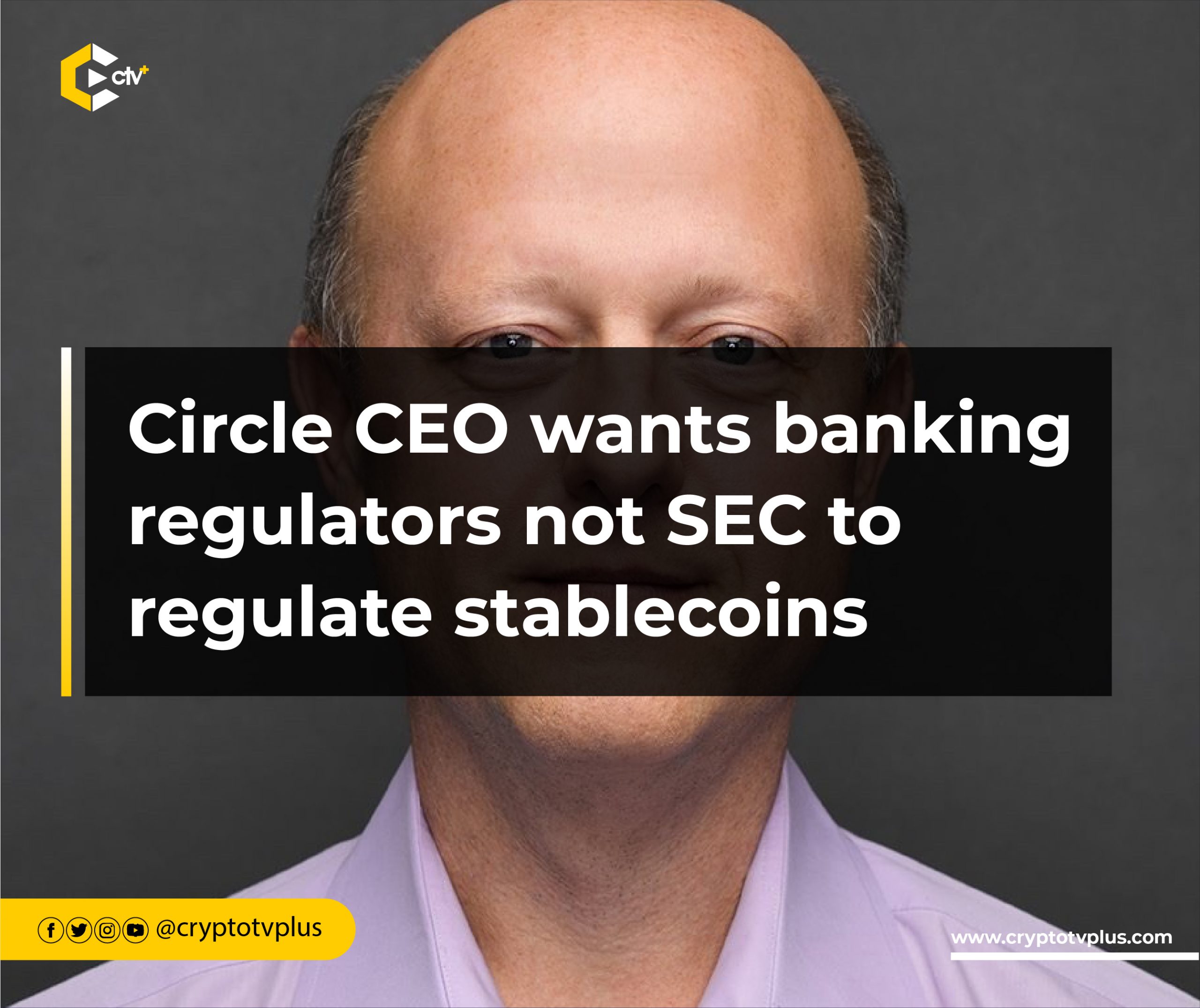News
Circle CEO wants banking regulators not SEC to regulate stablecoins

The CEO of Circle, Jeremy Allaire, has called for SEC to stay away from regulation of stablecoins claiming it’s best done by bank-based regulators and not the Security and Exchange Commission. The CEO explained his stance during an interview with Bloomberg.
Stablecoins are cryptocurrencies designed to be pegged on a defined asset. These assets can be fiat (such as the US dollar for USDT and USDC stablecoins), commodities (such as gold for Paxos Gold and Tether Gold stablecoins), or algorithmic-backed stablecoins.
Circle is the issuer of one of the largest US-pegged stablecoins in circulation – USDC. USDC is behind USDT, which is the most popular stablecoins, in terms of circulation and market capitalization.
One of the essence of stablecoins is as a means of value exchange and capital preservation in the volatile crypto market by mirroring the value of fiat currencies they are pegged to.
Jeremy supported his claims by saying that “payment stablecoins” are payment systems, not securities, and that most governments around the world see stablecoins as a payment system. “I don’t think the SEC is the regulator for stablecoins,” he added. Banking regulators such as the Federal Reserve will do a better job than the SEC.
Custodial or non-custodial cryptosystem
He went further to praise the SEC’s recent update on how to regulate crypto relative to custodial and non-custodial storage of crypto assets. “We think having qualified custodians that can provide the appropriate control structures and bankruptcy protections and the other things is a very important market structure and very valuable,” he said.
The incident of the collapse of centralized exchanges, with custodial cryptosystems, has been a worry for the SEC who’s seeking a more transparent way to secure the assets of users. And the stand of the SEC on custody will make it tougher for exchanges to hold the crypto assets of their users, Allaire said.
The SEC has also shown interest in banning staking for crypto assets. In the early weeks of 2023, Kraken was banned from offering staking services by the SEC. The SEC wants to take responsibility for making transparent the crypto economy that has been flooded by a lot of crypto projects.
Read also;
It is not the role of regulators to regulate blockchains- Circle CEO























Pingback: Circle CEO wants banking regulators not SEC to regulate stablecoins by Chuks Nnabuenyi Jr – CryptoTvplus Events: NFT, DeFi, Bitcoin, Ethereum, Altcoin Events